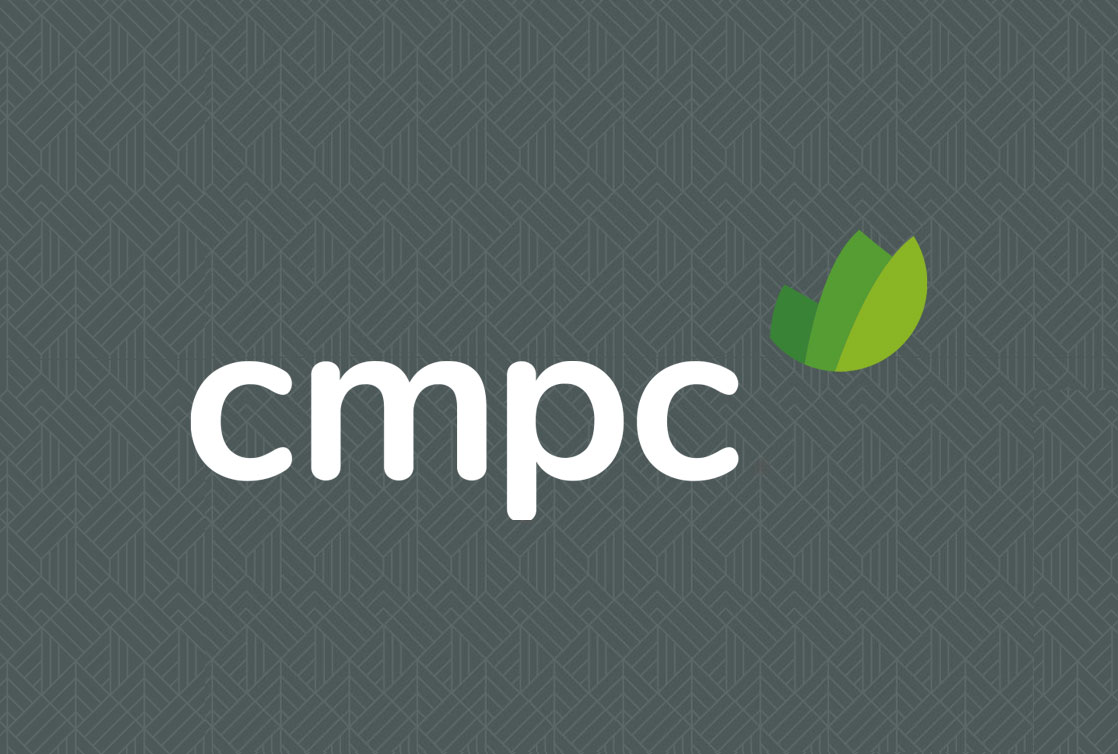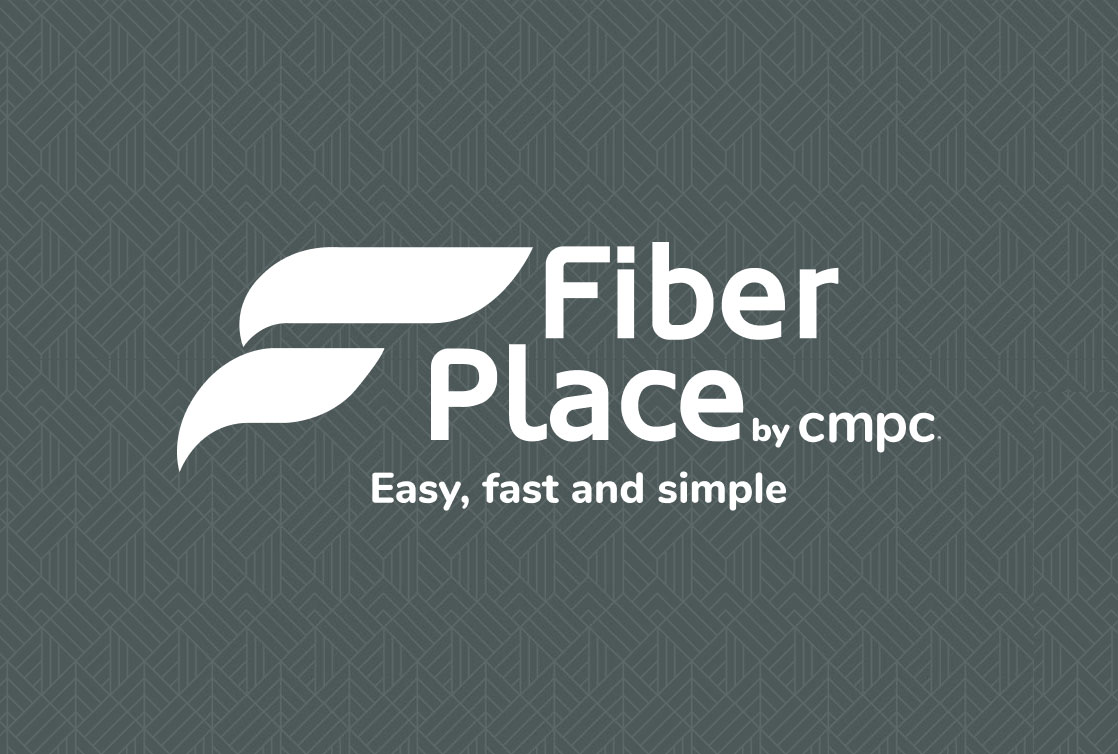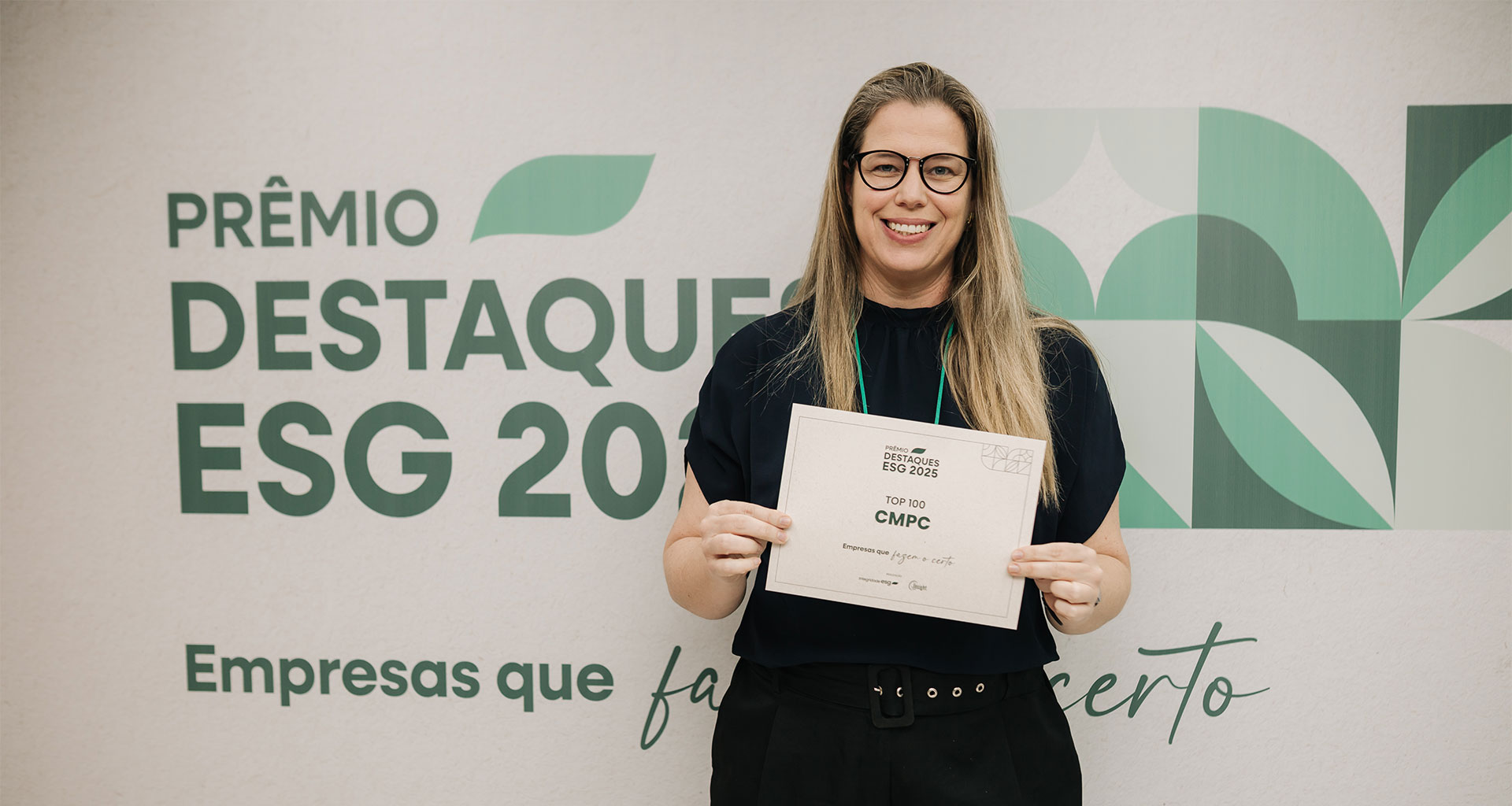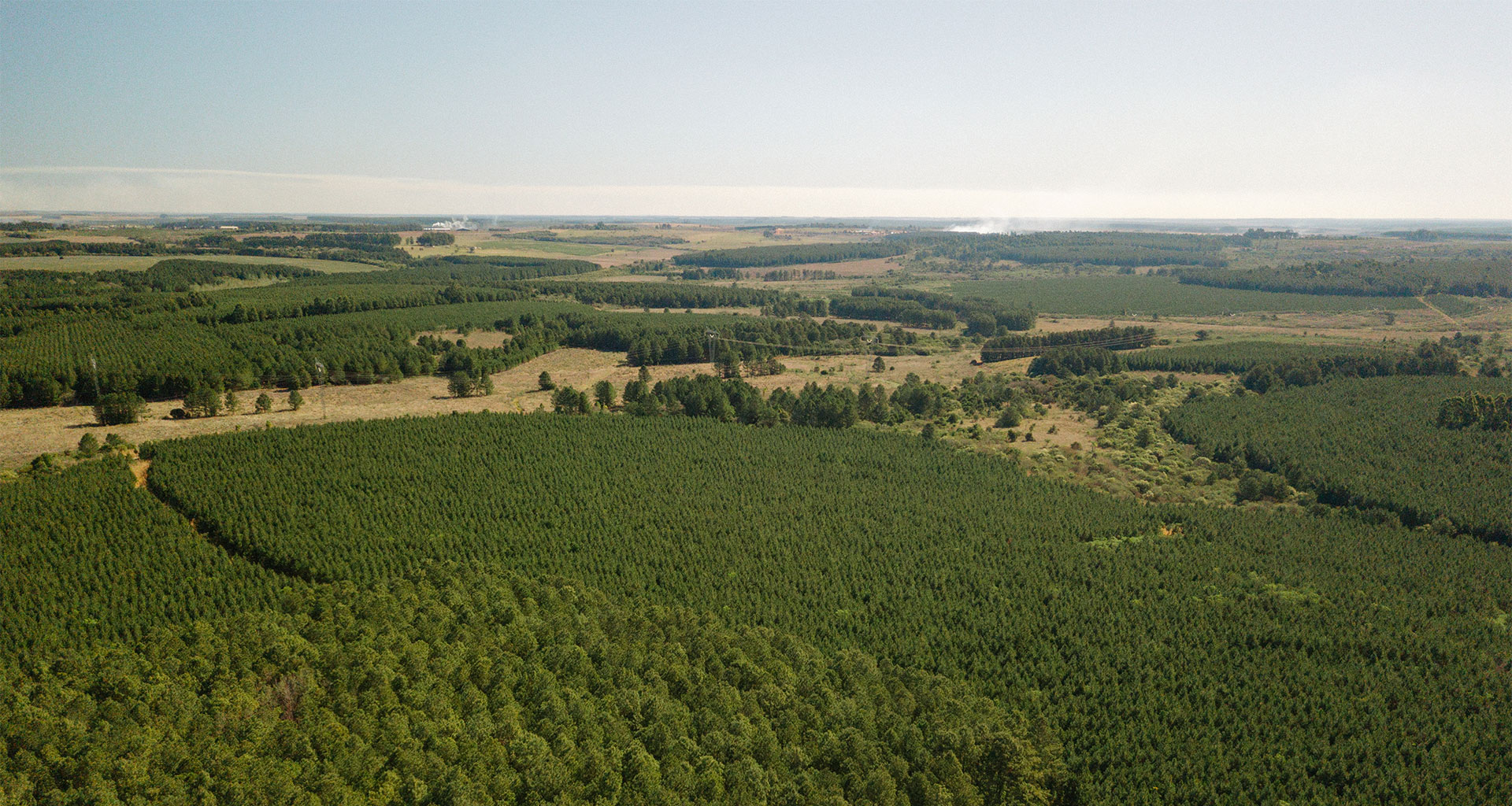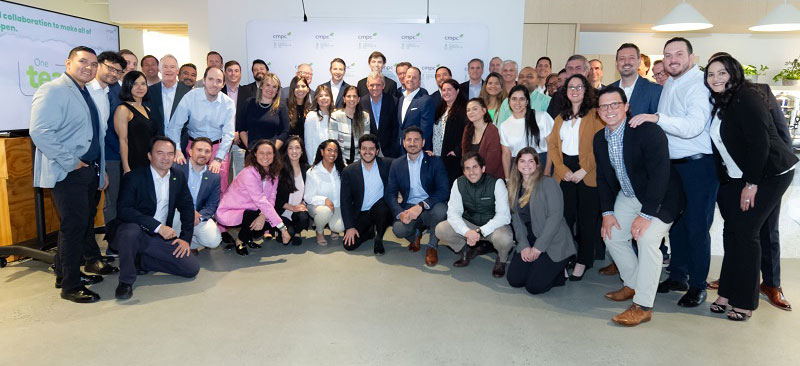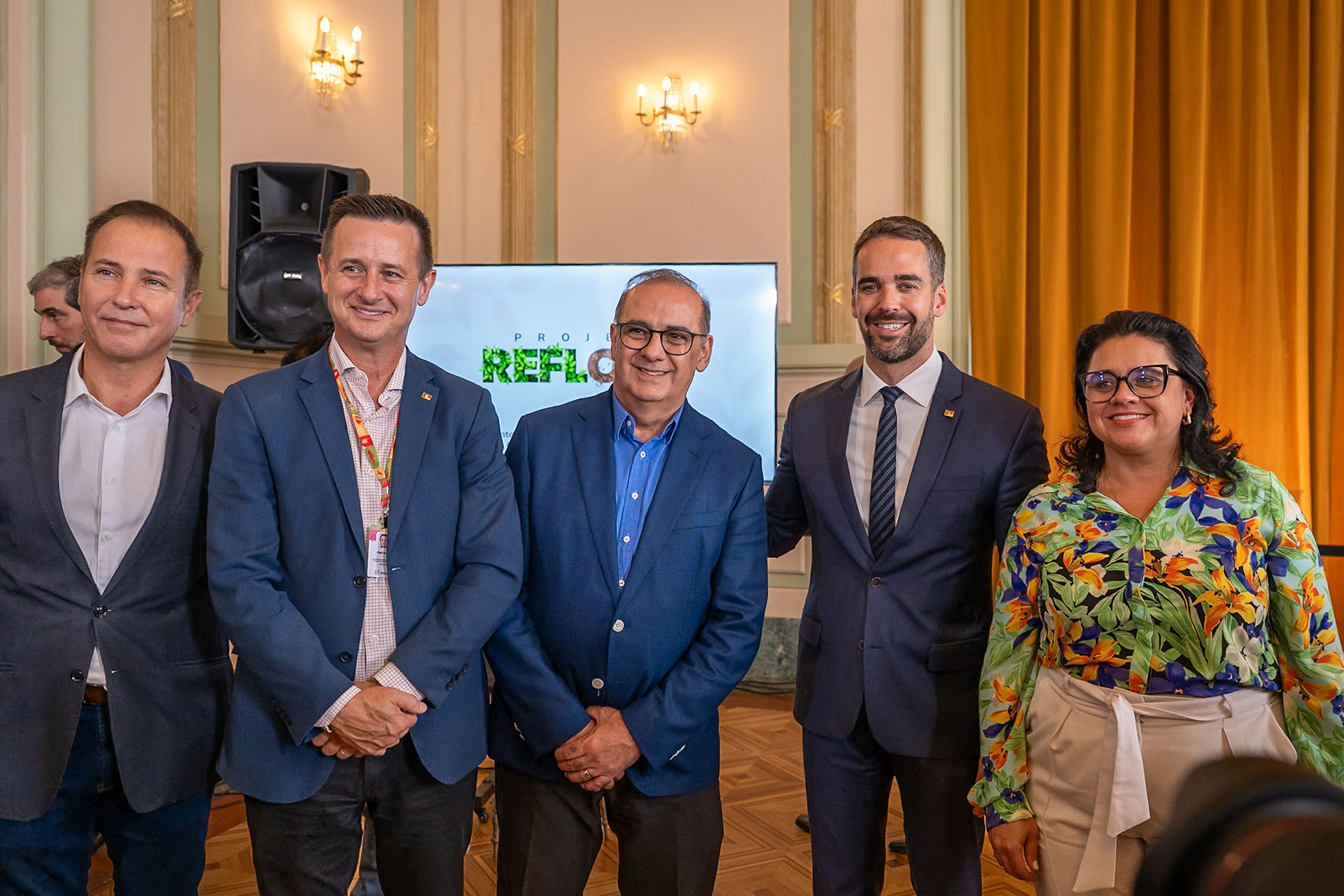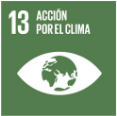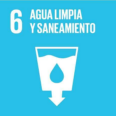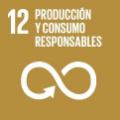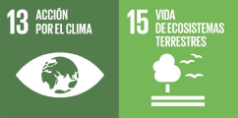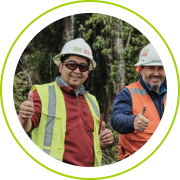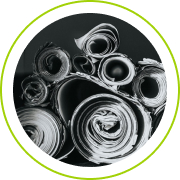Sustainable Development Goals
The Sustainable Development Goals are the blueprint to achieve a better and more sustainable future for all. They address the global challenges we face, including poverty, inequality, climate change, environmental degradation, peace and justice. In this direction – publicly – we have committed to four specific sustainable development goals, which will guide all our actions until 2030, taken for each of them in 2018 as a baseline:
The Sustainable Development Goals are the blueprint to achieve a better and more sustainable future for all. They address the global challenges we face, including poverty, inequality, climate change, environmental degradation, peace and justice. In this direction – publicly – we have committed to four specific sustainable development goals, which will guide all our actions until 2030, taken for each of them in 2018 as a baseline:
EUDR
CMPC has adopted appropriate measures to ensure that its products comply with the legality, deforestation-free and degradation requirements established in Regulation (EU) 2023/11.
View moreForest certifications
The sustainable management of forest crops is one of the main pillars of CMPC, and we are committed to sustainable profitability, which we understand as the harmony between the benefits for society, the economy and the environment.
CMPC has the PEFCTM and FSC® forest management certification: Forestal Mininco SpA (FSC-C006246) and CMPC Pulp SpA Certification Group (FSC-C140582), which recognize the responsible forest management for the forest heritage, thus protecting the industrial use obtained exclusively from certified and controlled plantations.
The sustainable management of forest crops is one of the main pillars of CMPC, and we are committed to sustainable profitability, which we understand as the harmony between the benefits for society, the economy and the environment.
CMPC has the PEFCTM and FSC® forest management certification: Forestal Mininco SpA (FSC-C006246) and CMPC Pulp SpA Certification Group (FSC-C140582), which recognize the responsible forest management for the forest heritage, thus protecting the industrial use obtained exclusively from certified and controlled plantations.
FSC® (Forest Stewardship Council®)
It is an international, non-profit organization that seeks to promote responsible management of the world's forests through a mechanism called chain of custody, which ensures that the products that CMPC markets come from forests that have been responsibly managed. CMPC Pulp products are traceable from their origin to their final destination as they are certified under the FSC Chain of Custody standard. This certification assesses all the stages up to the final product, including processing, transformation, manufacturing and distribution activities.
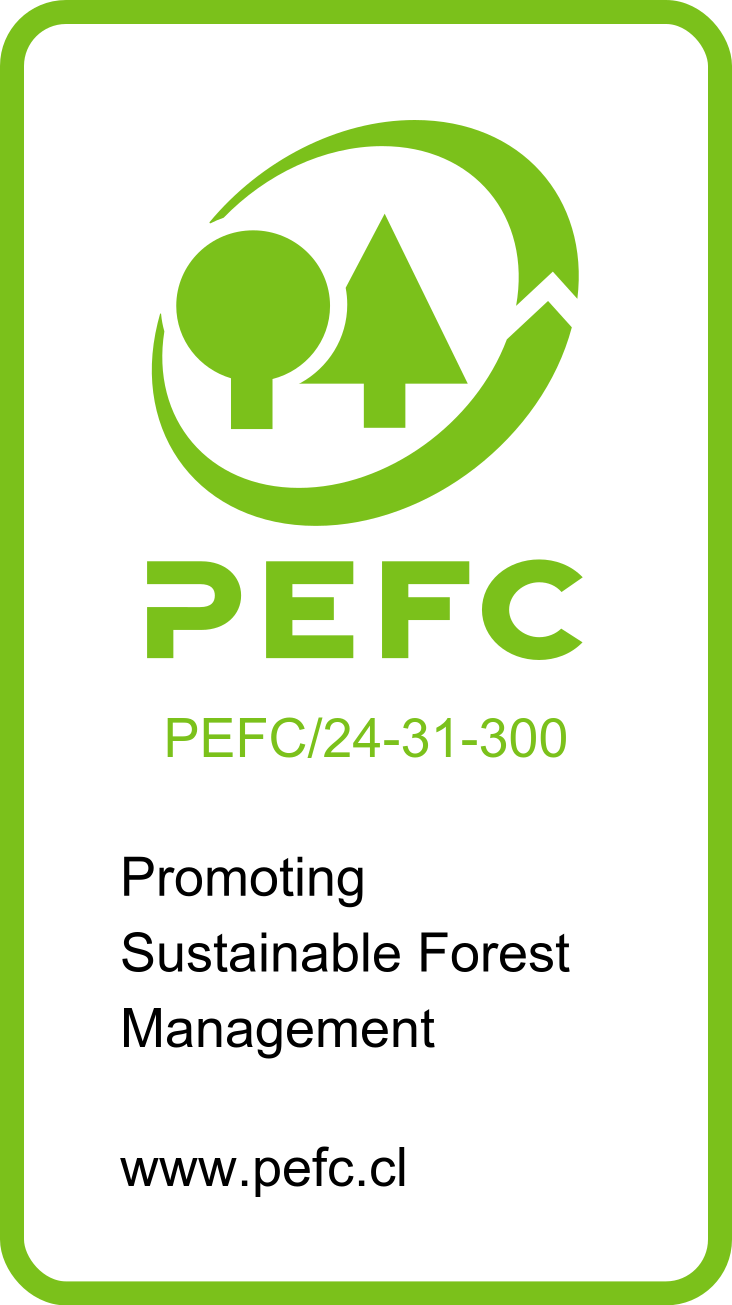
CERTFOR-PEFCTM
PEFC (Programme for the Endorsement of Forest Certification) is the international certification system used to promote sustainable forestry globally, recognizing national forest certification schemes and chain of custody systems for forest products. PEFC Chile is the branch of the system used in Chile, also known as CERTFOR. PEFC Chile represents the PEFC brand and encompasses the certification standards applicable in Chile. CMPC Pulp is PEFC Chain of Custody certified. This guarantees that our pulp comes from sustainable sources, has been traced with due diligence from the forest to the customer’s gate, and that it complies with environmental and social responsibility requirements.

Group Certification Scheme
- Política Integral de Grupo.
- Resumen Plan de Ordenación FSC 2024
- Resumen Plan Ordenación CERTFOR 2024
- Resumen de Monitoreos FSC 2024
- Resumen de Monitoreos CERTFOR 2024
- Certificado de Grupo FSC 2023
- Certificado de Grupo CERTFOR 2023
- Folleto Transporte Forestal (V1)
- Compromiso con los Requisitos Cadena de Custodia PEFC (PEFC/24-31-300)
- Declaracion Principios Fundamentales en el Trabajo

Sostenibilidad CMPC
To learn more about CMPC’s Sustainability statement, focus and performance, we invite you to visit the corporate section:
To learn more about CMPC’s Sustainability statement, focus and performance, we invite you to visit the corporate section:
Integrated Report
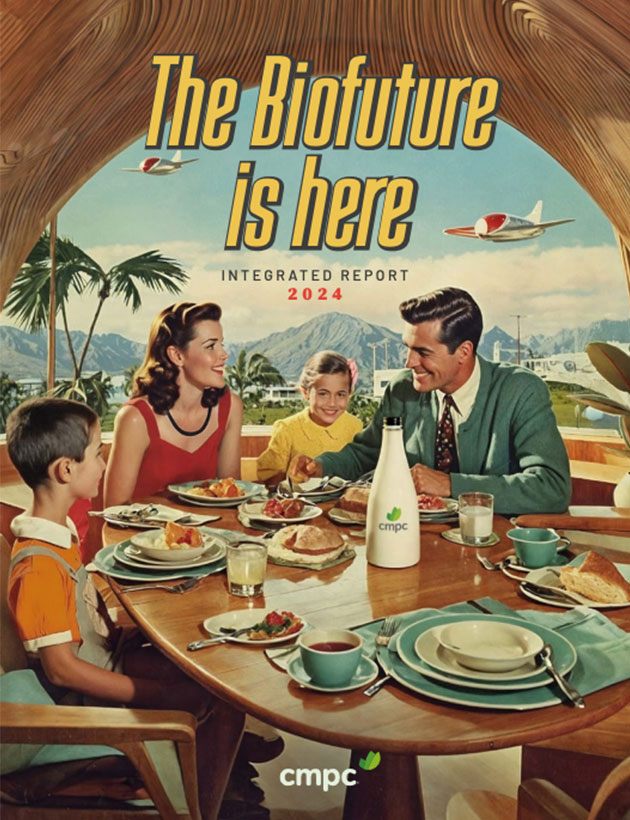
We present our latest Integrated Report that contains all the information on how the governance, strategy and performance of the company lead to the creation of value in the short, medium and long term.
The report has been made taking into consideration the indicators proposed by the Global Reporting Initiative (GRI), as well as the guiding principles framework of the International Integrated Reporting Council (IIRC).
This report also serves as Progress Communication (CoP) for the United Nations Global Compact.
Our Impact in Numbers: Introducing the CMPC Pulp 2024 Performance Report
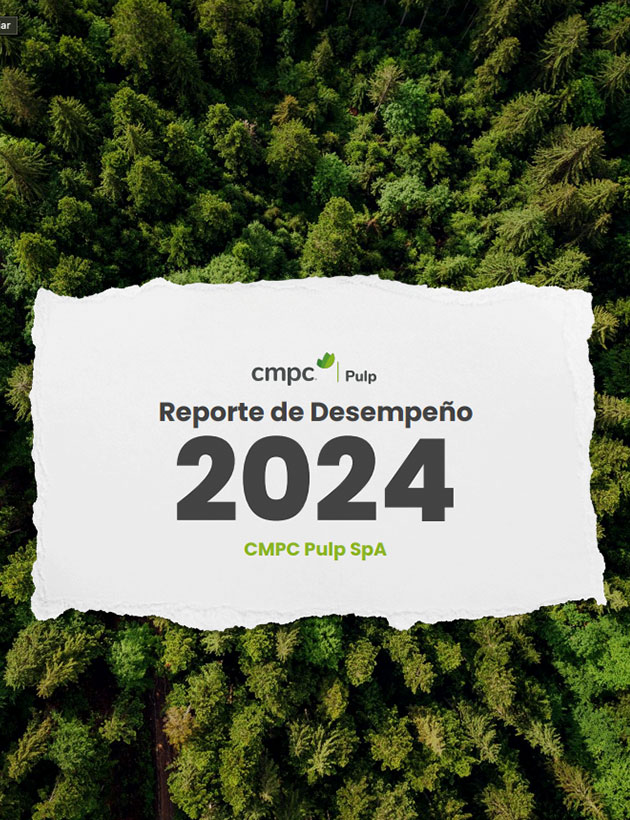
At CMPC Pulp, we remain firmly committed to transparency and continuous improvement. Our newly released 2024 Performance Report outlines key achievements across sustainability, including environmental, social, and governance performance, as well as the challenges and opportunities that have defined our year.
This report is a reflection of the values that guide our 2030 Strategy and our ongoing efforts to build a more sustainable, efficient, and customer-focused pulp industry.
